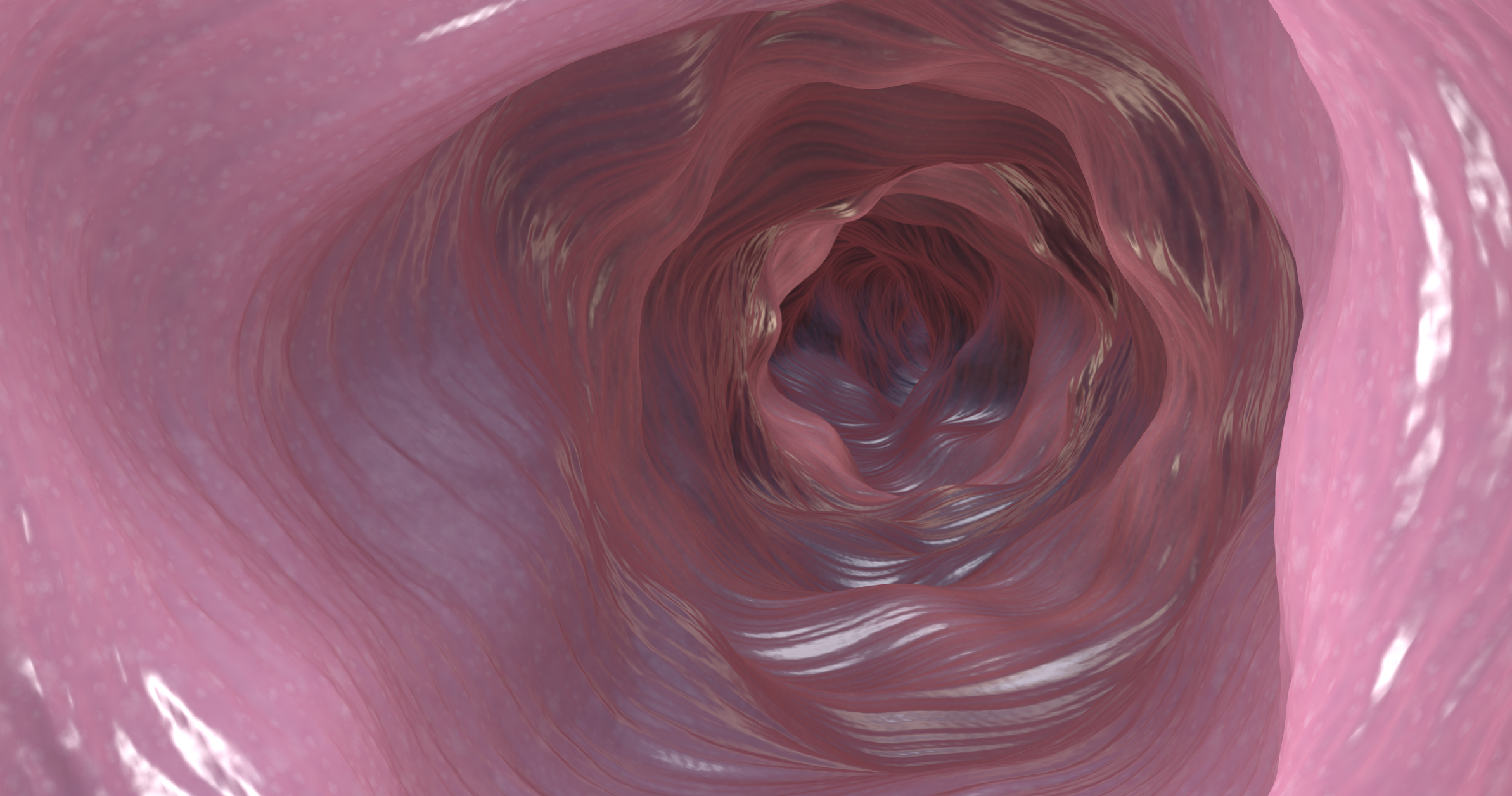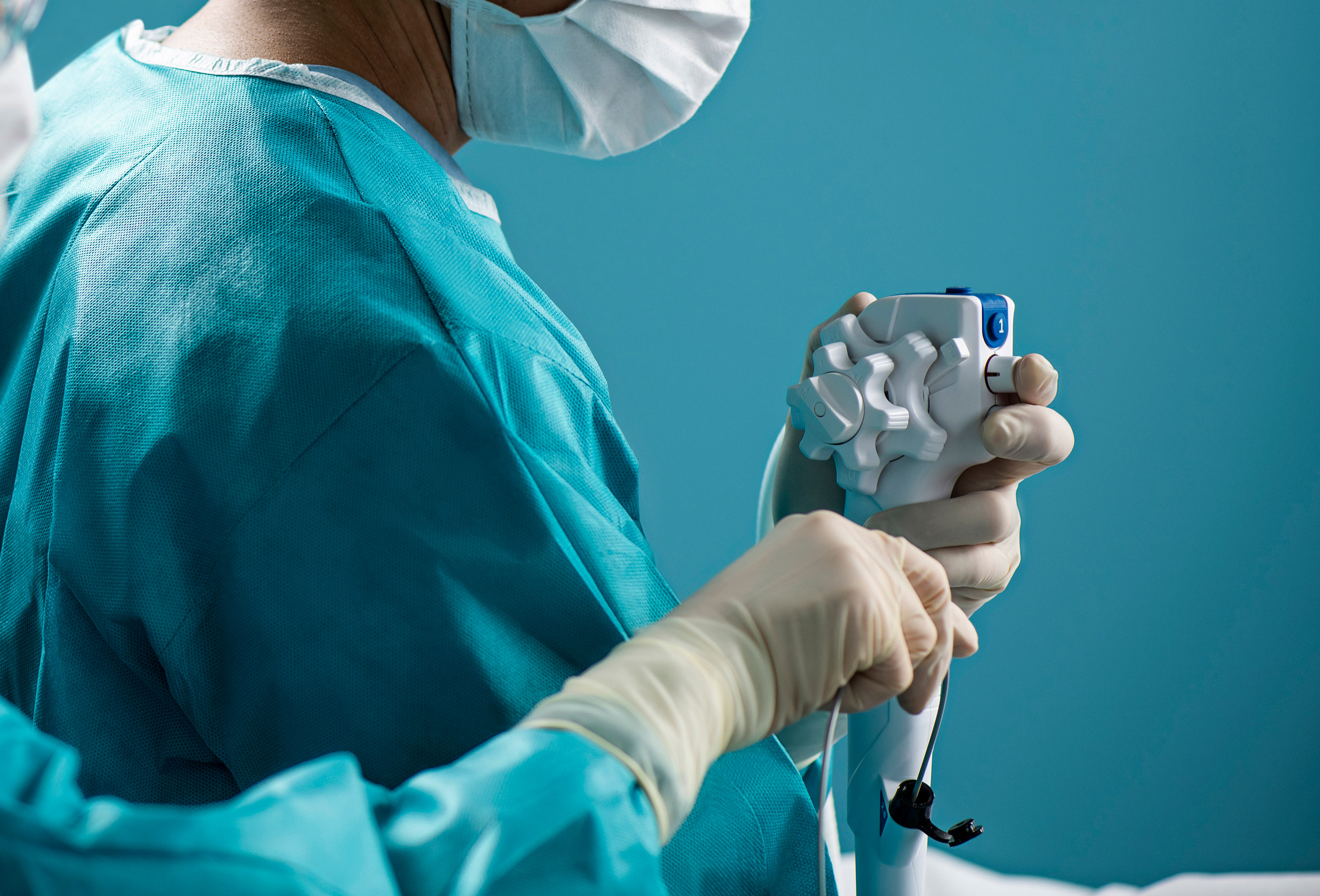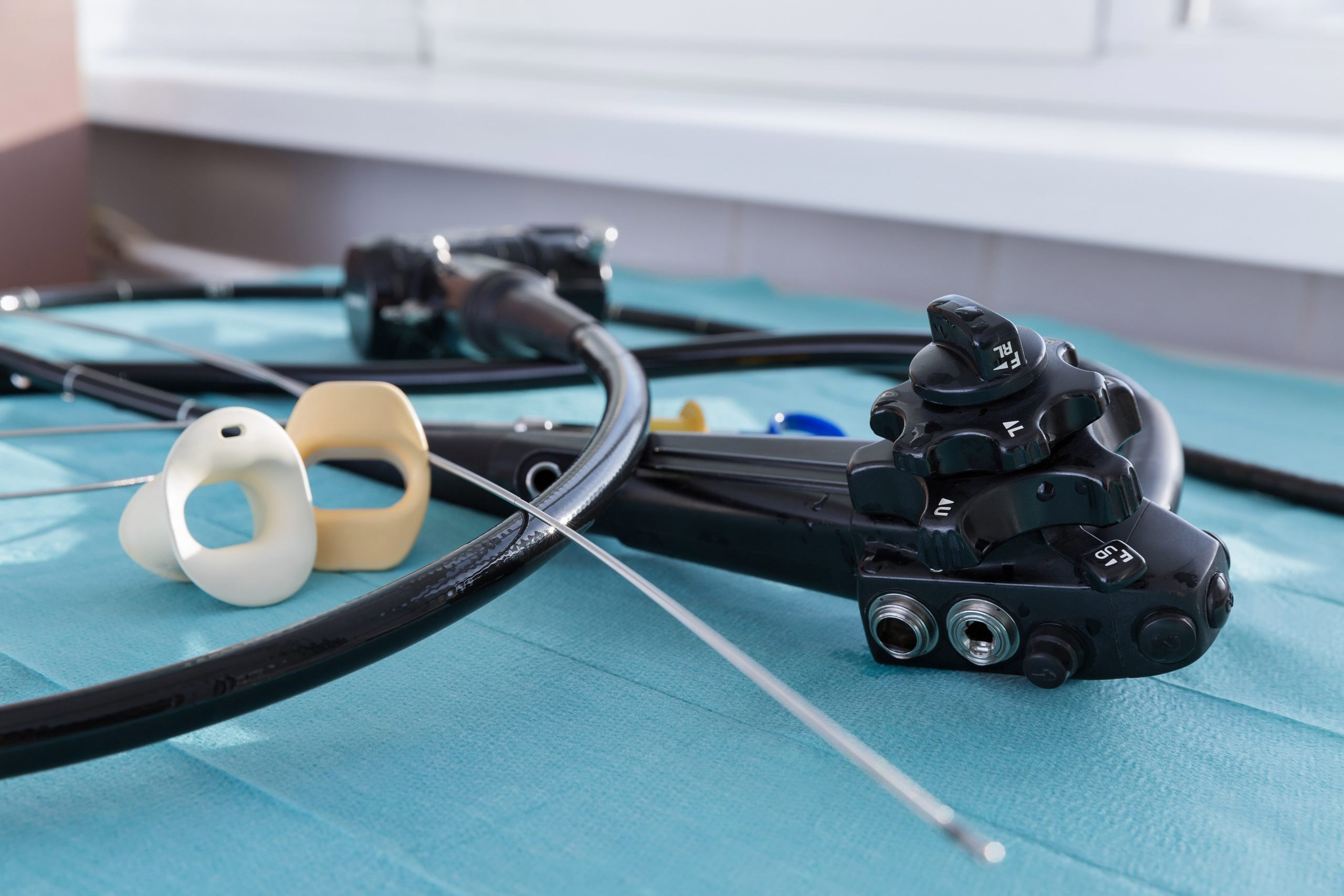
Outpacing even COVID-19 when it comes to subject matter that resonated the most with our GI endoscopy readers in 2020 was the U.S. Food and Drug Administration.
Specifically, the FDA’s recommendation that duodenoscope manufacturers and healthcare facilities transition to different types of duodenoscopes that may pose less risk to patient safety. The recommendation, first issued in 2019 and updated this year, was spurred by ongoing challenges seen with reprocessing duodenoscopes for reuse.
Readers also responded to stories about new technological advances in GI endoscopy, not just cutting-edge developments with the scopes themselves but the promise of telehealth. Here are our five most-read stories this year, we’ll hope you’ll revisit them and continue to read Single-Use Endoscopy in 2021. Click here to sign up for our gastroenterology newsletter.
5. How GI Physicians Can Help with COVID-19
A joint statement from the American College of Gastroenterology (ACG), American Gastroenterological Association (ASA), the American Association for the Study of Liver Diseases (AASLD) and the American Society for Gastrointestinal Endoscopy (ASGE) issued in the spring included 13 recommendations for gastroenterologists in weathering the COVID-19 pandemic.
4. Costs Will Be Top of Mind for Providers Switching to Duodenoscopes with New Design Features
Changing over entire duodenoscope inventories—in the wake of a Food and Drug Administration recommendation that providers who perform endoscopic retrograde cholangiopancreatography (ERCP) move away from fixed endcap duodenoscopes to duodenoscopes with disposable components—will be neither quick, nor straightforward.
3. Four Cutting-Edge Developments Moving Gastroenterology Forward
Nothing in the medical field is ever static, as new research, tools and techniques are perpetually changing and advancing illness prevention and treatment. This is perhaps doubly true in the field of gastroenterology, where addressing the issues related to the long, complex gastrointestinal tract leads to a constant evolution in new approaches.
2. Study: Pre-Procedure Telehealth Visits Beneficial for Veterans
A majority of hospitals in the U.S. use telehealth services to connect with patients remotely – a reported 76 percent, compared with 35 percent of hospitals that offered the service in 2010. But does telehealth make sense for all medical fields?
1. Q&A: Why ERCP Is So Critical to Effective GI Care
Dr. Mark Gromski, a gastroenterologist, advanced endoscopist, and assistant professor of medicine at IUHealth/Indiana University School of Medicine in Indianapolis, Indiana, weighs in on the ERCP cross-contamination issue and the steps practitioners and manufacturers can take to ensure patient safety. He also discusses the FDA guidance that hospitals and endoscopy facilities transition away from fixed endcap duodenoscopes to those with newer design features.


